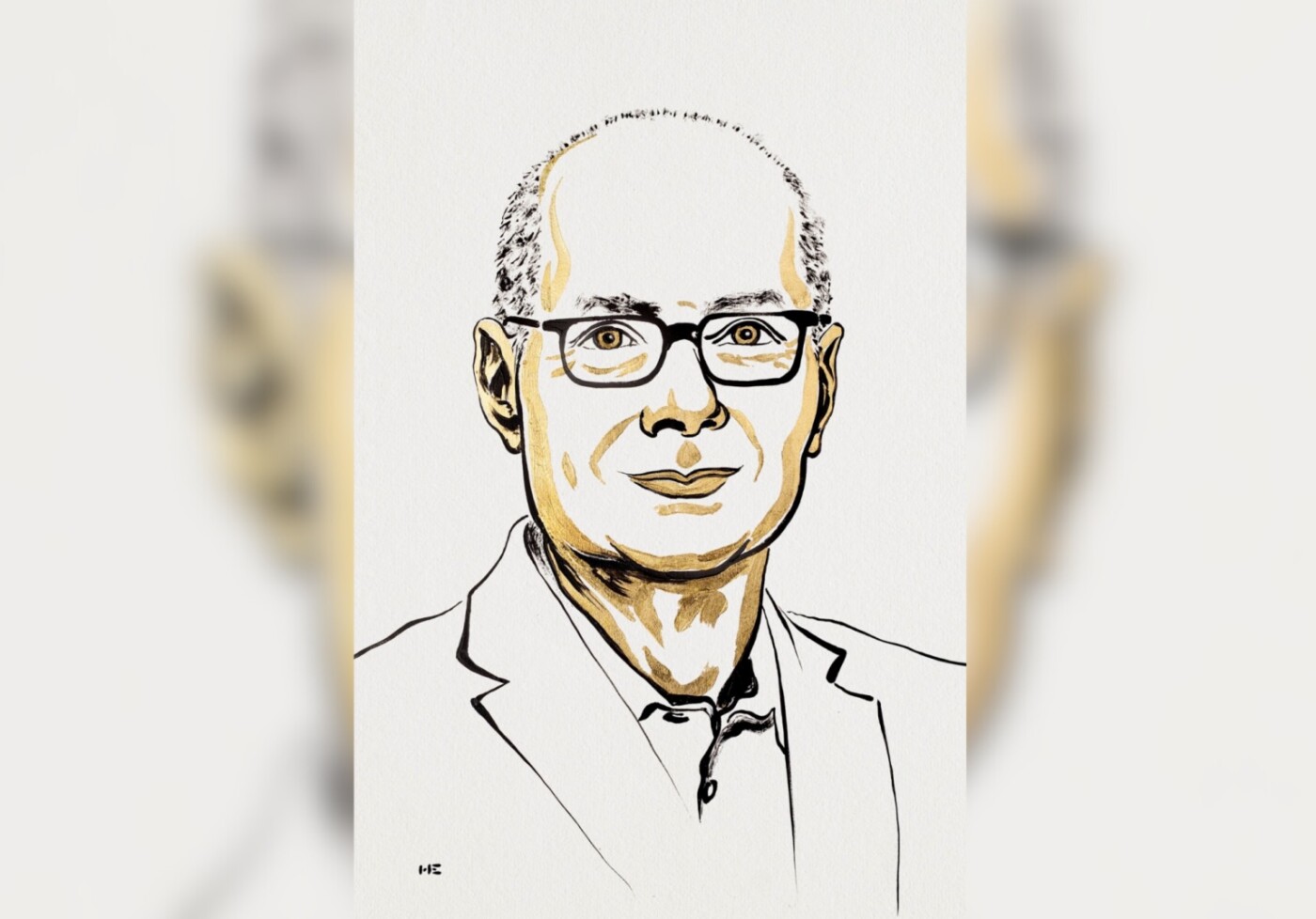A University of California, Berkeley chemistry professor was awarded the 2025 Nobel Prize in Chemistry on Wednesday for developing metal-organic frameworks or molecular structures that can trap, store, and filter gases, with applications ranging from clean water to carbon capture.
Omar Yaghi, 60, was born on Feb. 9, 1965 in Amman, Jordan. He earned his Ph.D. from the University of Illinois Urbana-Champaign in 1990.
Yaghi shares the prize with Susumu Kitagawa of Kyoto University in Japan and Richard Robson of the University of Melbourne in Australia. In a statement, the Royal Swedish Academy of Sciences cited the trio “for the development of metal-organic frameworks,” or MOFs, which it called a breakthrough in molecular construction.
According to the academy, the scientists’ work created crystal-like materials made of metal ions connected by carbon-based molecules, forming porous structures with vast internal cavities. These MOFs can be engineered to capture carbon dioxide, harvest water from desert air, or store toxic gases safely.
“Metal-organic frameworks have enormous potential, bringing previously unforeseen opportunities for custom-made materials with new functions,” said Heiner Linke, chair of the Nobel Committee for Chemistry.
The concept began in 1989, when Robson built the first spacious crystal structure using copper ions and organic molecules. Between 1992 and 2003, Kitagawa and Yaghi separately made key advances that stabilized and expanded the technology.
Kitagawa demonstrated that gases could flow in and out of MOFs and predicted their flexibility. Yaghi later created durable frameworks that could be customized for specific uses.
The Nobel Foundation said tens of thousands of MOFs have been designed, offering new tools for addressing global challenges such as water scarcity, pollution, and climate change.
Yaghi, Kitagawa and Robson will share an 11 million Swedish kronor prize, or over $1 million, according to the foundation.
Yaghi’s recognition comes a day after the 2025 Nobel Prize in Physics was awarded to three scientists with UC Berkeley ties, namely John Clarke, a current UC Berkeley physics professor; John Martinis; and Michel Devoret. In 1984 and 1985, the trio conducted a series of experiments at UC Berkeley.
The post UC Berkeley professor wins Nobel Prize in Chemistry for metal-organic frameworks appeared first on Local News Matters.
